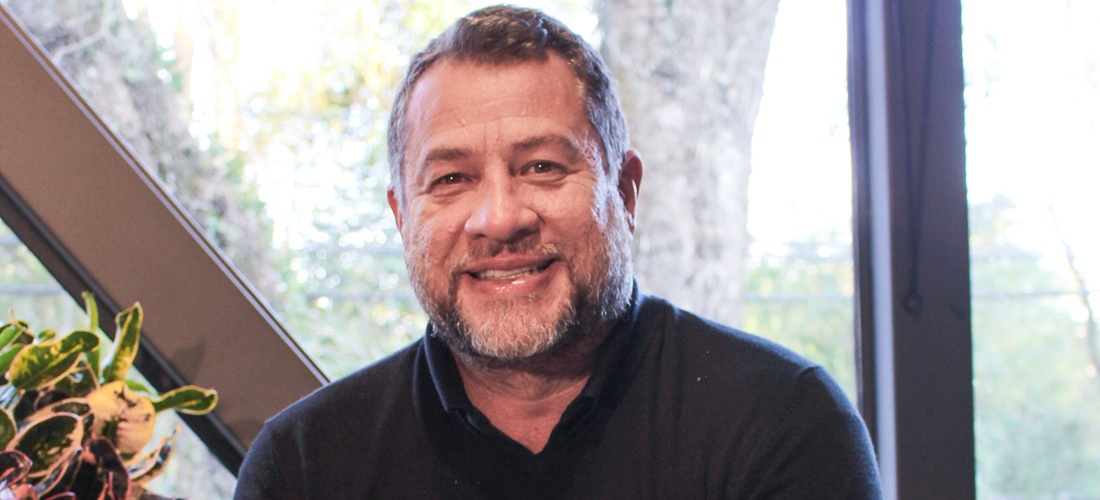
Smart Ports and Blue Economy: The Sustainable Future of Logistics and Coastal Development in Brazi
Nov, 12, 2024 Posted by Sylvia SchandertWeek 202444
The ocean is vital to the Brazilian economy. With a coastline stretching 8,500 kilometers and about 80% of the population living within 200 km of the coast, Brazil has enormous economic potential in sectors like shipping, tourism, offshore energy generation, fishing, aquaculture, maritime sports, and oil and gas extraction. This is what we call the Blue Economy.
The subject is so important that it has become the focus of a United Nations initiative, the Decade of the Oceans, which will run from 2021 to 2030. Its goal is to promote the health and sustainability of oceans through actions that encourage scientific research and technological innovation.
For me and iCities, technology is among the most immediate priorities, and there’s still much to be done. Many talented people are involved in this sector, and as I travel around Brazil, I am increasingly impressed by the enthusiasm and drive to make things happen.
However, despite this enthusiasm and many advances, I still see significant room for technological growth within Brazil’s port sector. According to the National Agency for Waterway Transportation (ANTAQ), more than 95% of Brazil’s foreign trade is transported by sea, highlighting the importance of ports to the economy. I want to emphasize the role of “Smart Ports,” which represent an essential technological advance for the future of the maritime economy. Ports like Barcelona have implemented digitalization and automation systems that increase logistical efficiency and reduce environmental impact. This example could serve as inspiration for Brazil.
Automating processes in ports, such as container handling, pollution monitoring, and emission surveillance systems, drastically reduces operations’ carbon footprint. Moreover, real-time data collection through sensors and artificial intelligence allows for more accurate management of maritime resources, helping to prevent oil spills, protect marine biodiversity, and optimize fuel use.
As I mentioned, the Port of Barcelona is a notable case in this context. Innovations there include using renewable energy for operations and implementing environmental monitoring systems to reduce pollution. Additionally, the port is investing in electric and autonomous mobility solutions, such as electric trucks and cranes, reducing the use of fossil fuels. In Brazil, Niterói is one of the cities strongly investing in infrastructure for the blue economy, including basic sanitation and dredging the São Lourenço channel, which boosts the local economy in critical sectors like fishing and shipbuilding. For this reason, the city will host the first edition of Tomorrow Blue Economy in Brazil this December, a global conference to discuss the future of the maritime economy.
The event will feature Emma Cobos, the Director of Innovation and Business Strategy at the Port of Barcelona, who will share insights from her experience with digital transformation and trends shaping the ports of the future.
Smart Ports certainly improve a city’s logistics, bringing benefits that reach citizens’ daily lives. This is not just a semantic coincidence: smart ports are directly related to smart cities, which intelligent people and companies create.
That’s why it is also crucial to engage the private sector in efforts to protect oceans and develop this economy sustainably. Brand involvement in the blue economy promotes ESG practices and opens the door for innovation, advancing cities and impacting ordinary citizens’ lives.
The blue economy deserves attention. It includes ports, sports, logistics, tourism, energy generation, and fishing, among other sectors. It represents a vast field for technological advancement and innovation, which promises to transform municipalities, optimize services, and enhance citizens’ quality of life.
By Beto Marcelino (Co-founder of iCities)
—
**DatamarNews is a media partner of Tomorrow Blue Economy, and readers can receive a discount on the business area ticket. Visit tomorrowblueconomy.com.br and enter the code DATAMAR@TBEN-30% in the “Ticket” field.**
**Tomorrow Blue Economy**
**Date:** December 4-5, 2024
**Time:** Registration begins at 8:30 AM
**Location:** Caminho Niemeyer, Niterói
**Registration and information:** [https://tomorrowblueconomy.com.br/](https://tomorrowblueconomy.com.br/)
-
Fruit
May, 31, 2024
0
Fruits: Brazil grows many but exports few
-
Other Cargo
May, 21, 2021
0
Honey exports via the Port of Paranaguá grow 31.65% in the 1st four months
-
Ports and Terminals
May, 22, 2024
0
TCP And Climatempo Renew Partnership To Monitor Weather Conditions In Paranaguá Bay
-
Shipping
Nov, 06, 2024
0
Container freight prices rise 250% in less than 1 year



